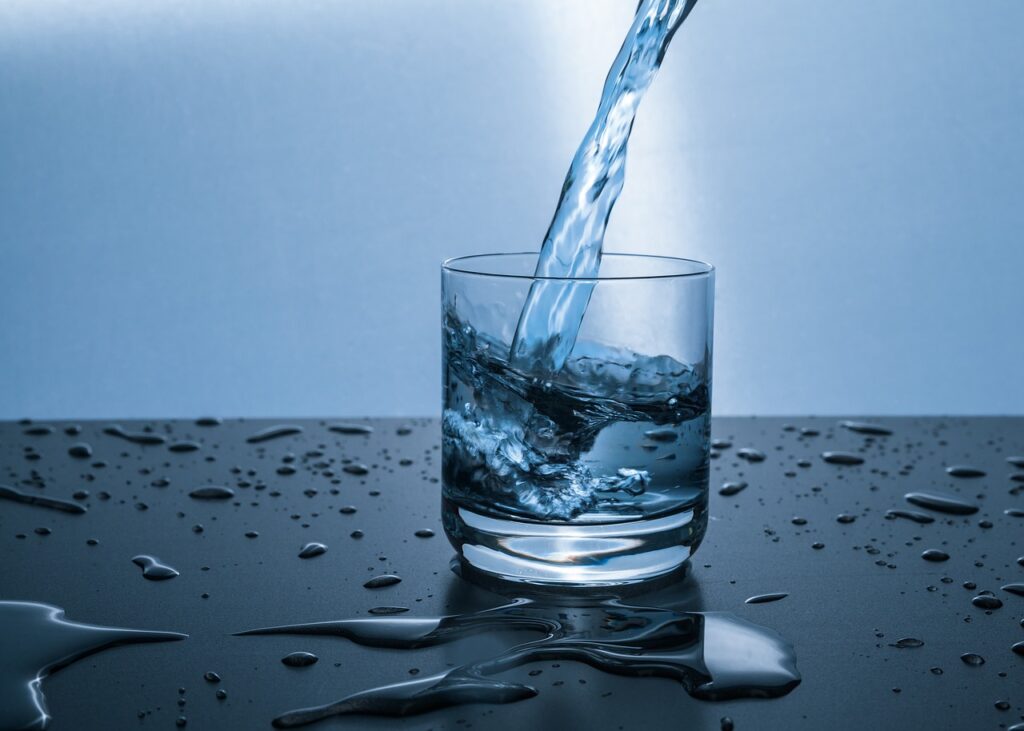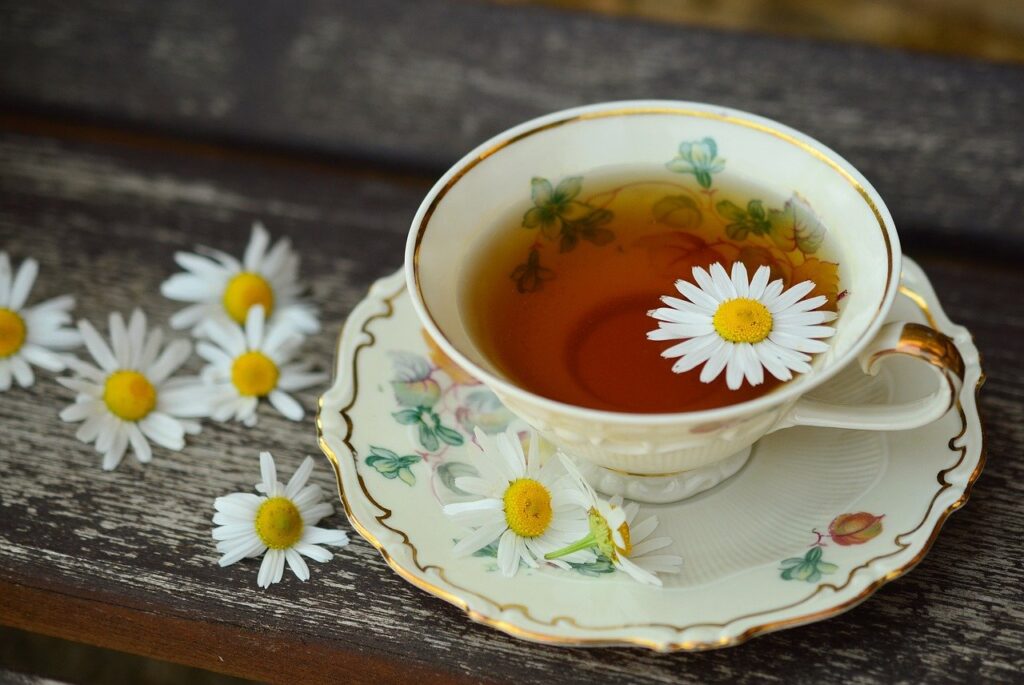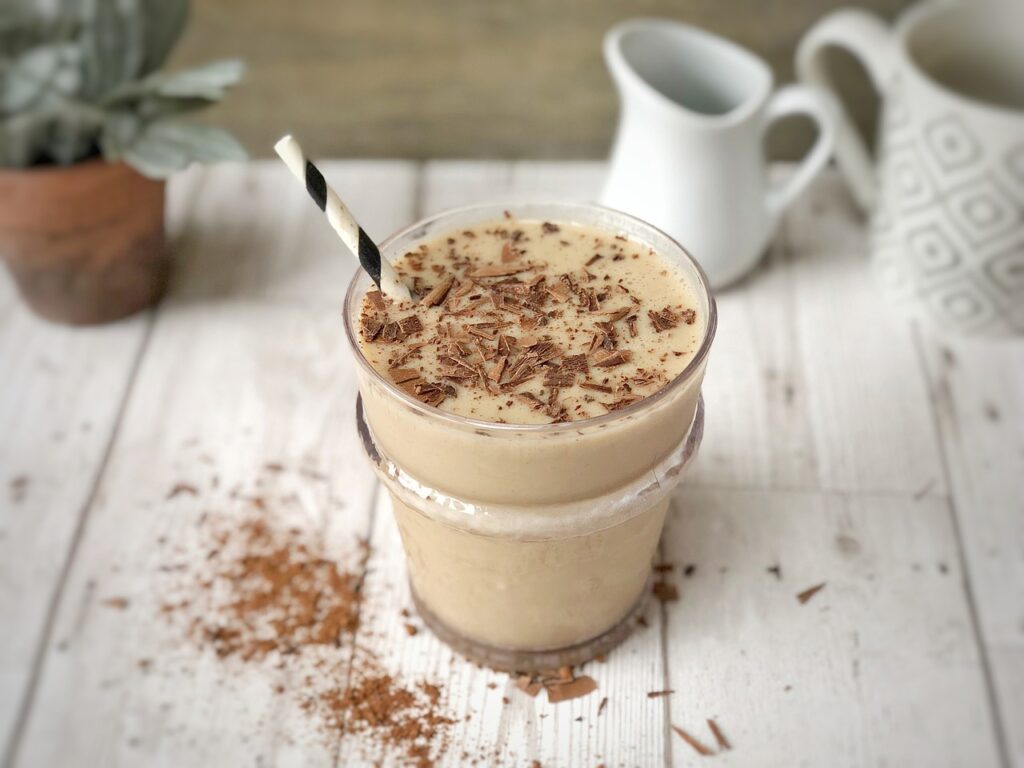5 High-Protein Vegetables to Include in Your Diet
Everything in life needs protein to live, and vegetables can be a great source of protein.
Proteins are important to many parts of the body, from hair to muscles, and are critical to keeping your body structure healthy. Vegetables are the cornerstone of any healthy diet. They are packed with vitamins and nutrients your body needs to function optimally. Growing a garden at home has a lot to do with the good taste of fresh vegetables. The reference dietary intake for protein is 57 grams per day for men and 45 grams per day for the average sedentary woman. A high-protein diet can also make you feel full for longer periods. Although vegetables are not very high in protein compared to other foods, many contain good amounts of protein relative to their calorie content. Plus, the vegetables on this list contain many other nutrients that scientists have linked to all sorts of health benefits.
The real benefits of a plant-rich diet are the other vitamins and nutrients the food group provides, in addition to the fiber, which fills you up, and the carbohydrates, which maintain energy. And when you combine your daily dose of veggies with another high-protein food, you are cooking with gas. Eating this protein-rich vegetable is a great way to increase the protein and nutrient content of any diet without adding a lot of calories. Getting enough protein is especially important as you get older.
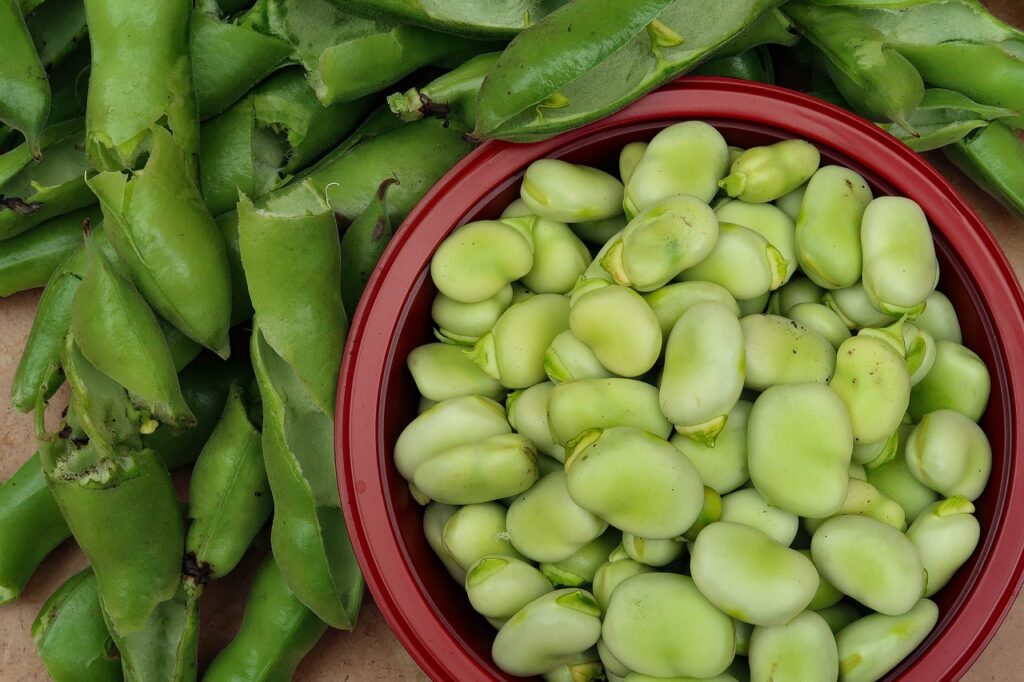
Here is a list of 5 high protein vegetables:
Beans
Beans are a good source of protein and vitamins and are packed with nutrients and fiber that can help keep you feeling full for longer. Legumes are among the oldest cultivated plants and contain many important nutrients and secondary plant substances. When combined with grains, they form a complete protein. Some high-protein varieties are kidney beans, lentils, and black beans.
Broccoli
The protein content of ordinary vegetables is between 1 and 2%, while the protein content of broccoli is as high as 4.5%. Broccoli is incredibly rich in vitamins and minerals, with special points for its iron and fiber content. The nutrient composition of broccoli is not only rich in content but also very complete and contains mainly protein, carbohydrates, fat, minerals, vitamin A, vitamin B1, vitamin B2, vitamin C, and carotene. In addition, broccoli contains calcium, zinc, phosphorus, potassium, iron, manganese, and other minerals, and its mineral content is much higher than other vegetables. Broccoli is a low-calorie vegetable, 100 grams of broccoli contains only 30 calories.
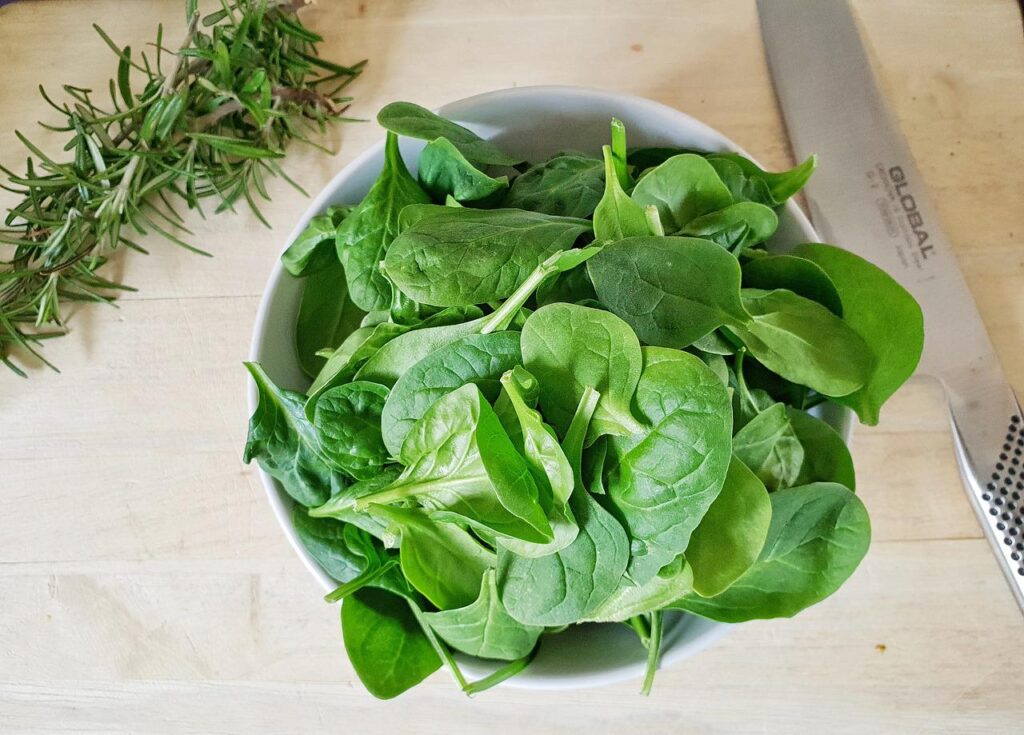
Spinach
Spinach’s reputation precedes it, so there’s not much room to get poetic about how nutritious it is. Eating spinach may benefit eye health, reduce oxidative stress, prevent cancer, and lower blood pressure.
Spinach has nearly 3 grams of protein per 100g. Spinach is rich in iron, vitamins C and E, potassium, and magnesium. As part of a nutritious diet, it can help support immune function, support the digestive system, and may even have anti-cancer properties.
Sweet Corn
Sweet corn is a decent source of protein and has nearly 3.3 grams of protein per 100g. Contrary to what some people might think, sweet corn is a healthy food with impressive nutritional value. Like green peas, it’s a good source of fiber that keeps you full and satisfied, especially when combined with protein. Corn is a naturally low-fat food. which provides around 89 calories per ear.
Asparagus
Asparagus has nearly 2.4 grams of protein per 100g. Steamed asparagus is hard to beat, but that’s not the only way to eat this vegetable. It works especially fantastic in scrambles. Asparagus is a high-protein, low-carb vegetable with an impressive amount of different nutrients. It’s a great source of folic acid and vitamin A, which are important for cell growth, vision, and healthy skin.
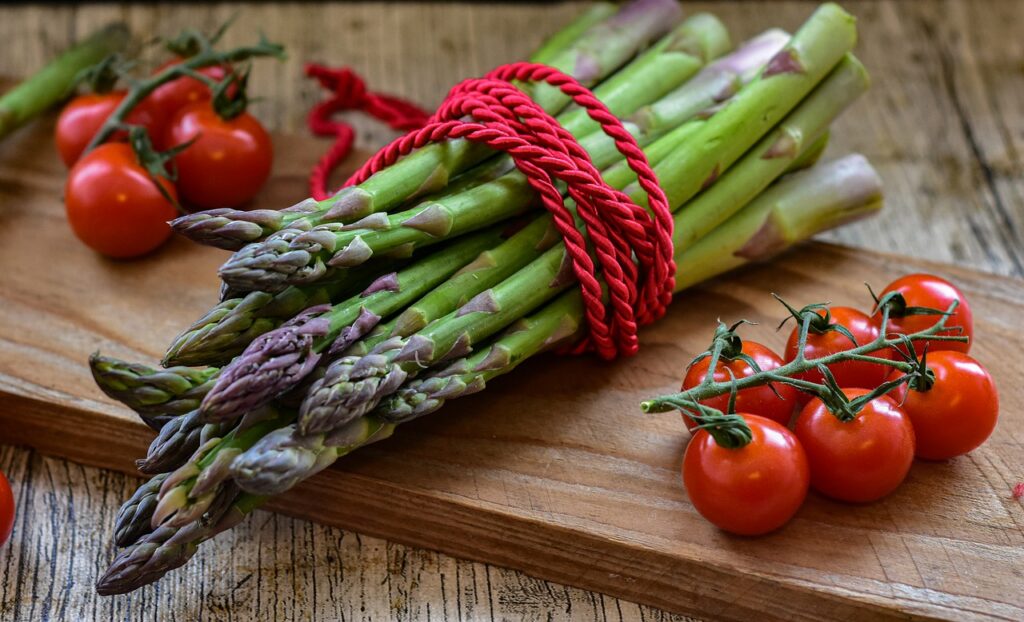

Get Free Notion Templates, Recipies, and Ebook! If you love what we do, fuel our work with a coffee!
Note: This article includes affiliate links. Your support is valued and comes at no additional expense to you.
Crypto Donation – 94TQXX1ENtkXgVmNwQNPzW2HKXXPYhHdzPRPkvtk


